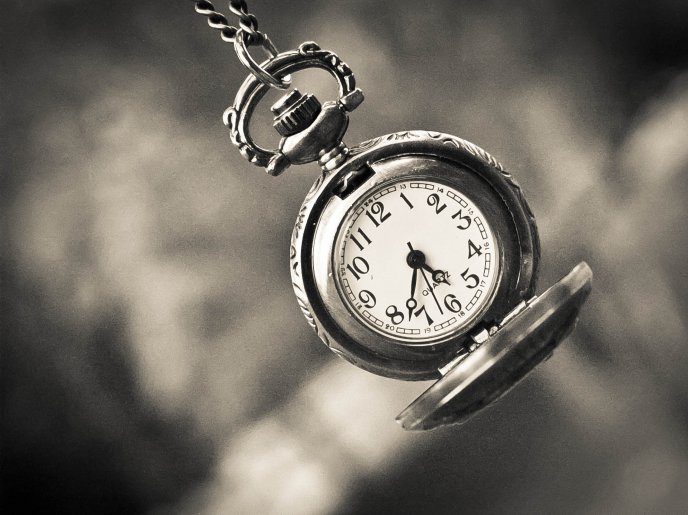One of the understated advantages of frequent travelling is being able to interact with different cultures and peoples outside of your usual clime. Taking careful notice of the small nuances that define each culture can be a source of constant interest for the engaged traveler. More than just obvious things such as food, dress, and language, I like to notice their perception of time. How they treat their time is often a truer indication of culture than the usual indicators.
Cultures that put a price on punctuality give a markedly different vibe than those that do not. Behind this punctuality sometimes though I feel is not necessarily a valuing of time, but rather a valuing of the potential marketability of that time. Wasting the time of the other is tantamount to cutting their ability to squeeze that time for its profitability. Also, the ability for one to keep their promise to be on time ensures that the cog fits and the larger machine is running. Maintenance of efficiency becomes a social norm and time keeping is a big part of that.
It should be noted that, almost without exception, every Muslim country is known for their unpunctuality. The Arab countries tend to be the worst offenders, but in general, keeping oneself 'on the clock' is far from a virtue among Muslim majority populations. This is usually seen as a sign of the regressiveness, the primitiveness of the Muslim masses who are unable to keep pace with modern times.
Perhaps it is more of a symptom of a certain degree of incompatibility of a Muslim world still with a tenable link to tradition and the modernist conception of time. The Muslim conception of time, stemming from its larger worldview, holds little value to measuring life based on arbitrary units of time, the cumulative effect being to transform entire society into a machine. So if there is resistance to assuming such a dry and sterile perception of time, it should not be wholly condemned.
Having said that, I still see a promise of being present at a mutually agreed appointed time as a commitment, which our Deen requires us to take seriously. Even if the commitment may be born as a by-product of a mechanized society. Living in Malaysia though, being on time often means waiting as the host arrives. So I've gradually allowed myself a five minute gap from the stated time of meeting, as a sort of compromise between excessive punctualism and tardiness.

No comments:
Post a Comment